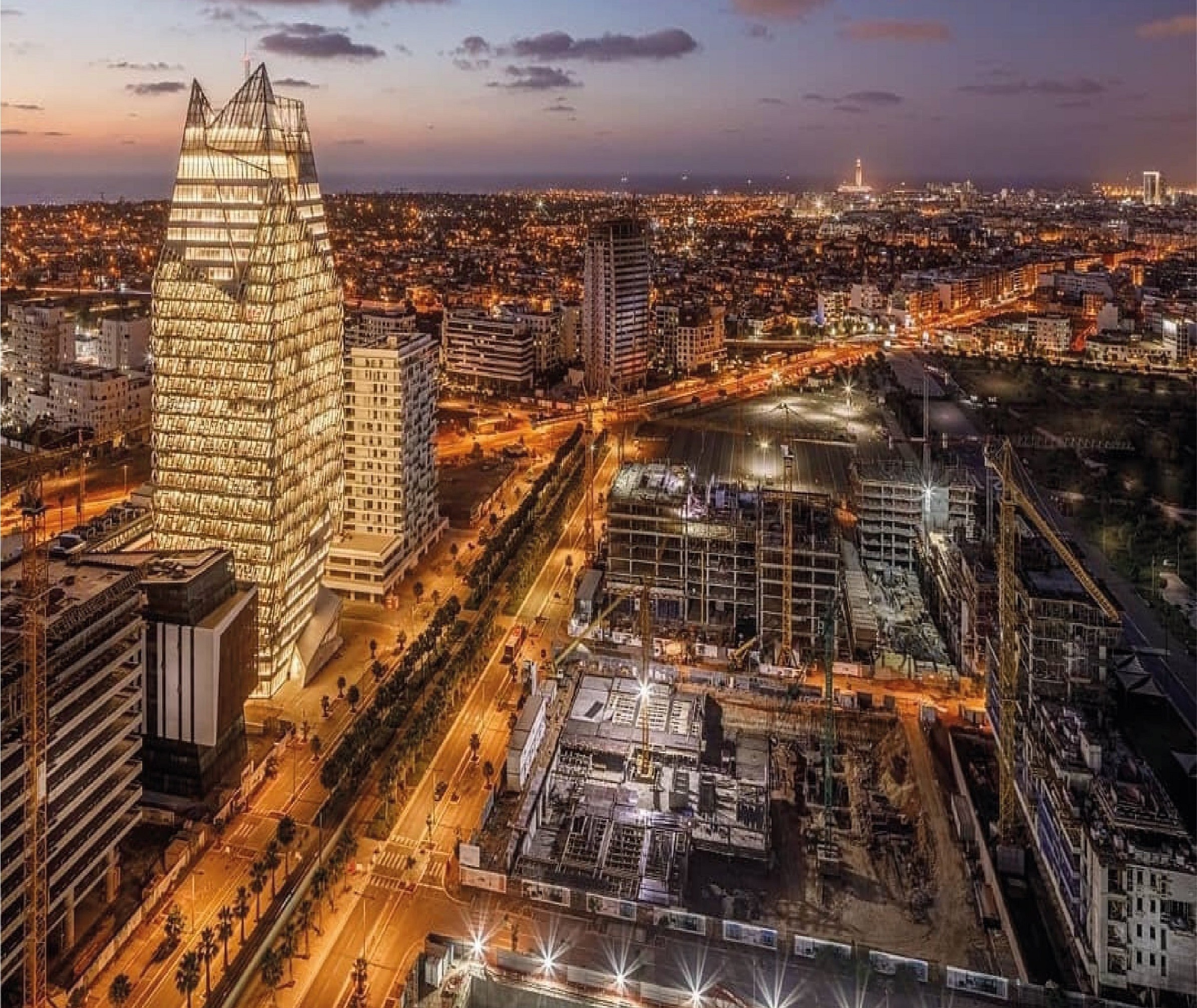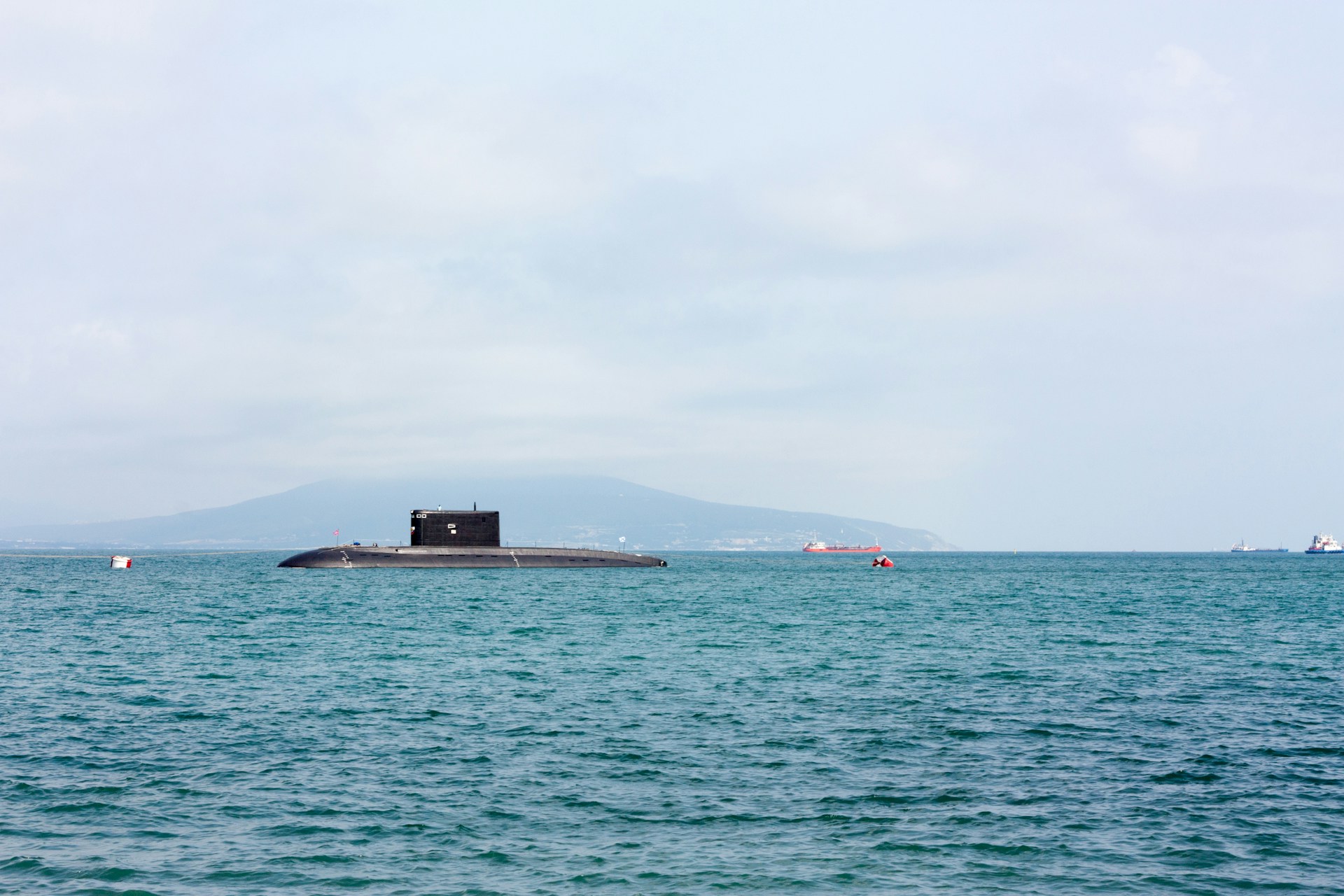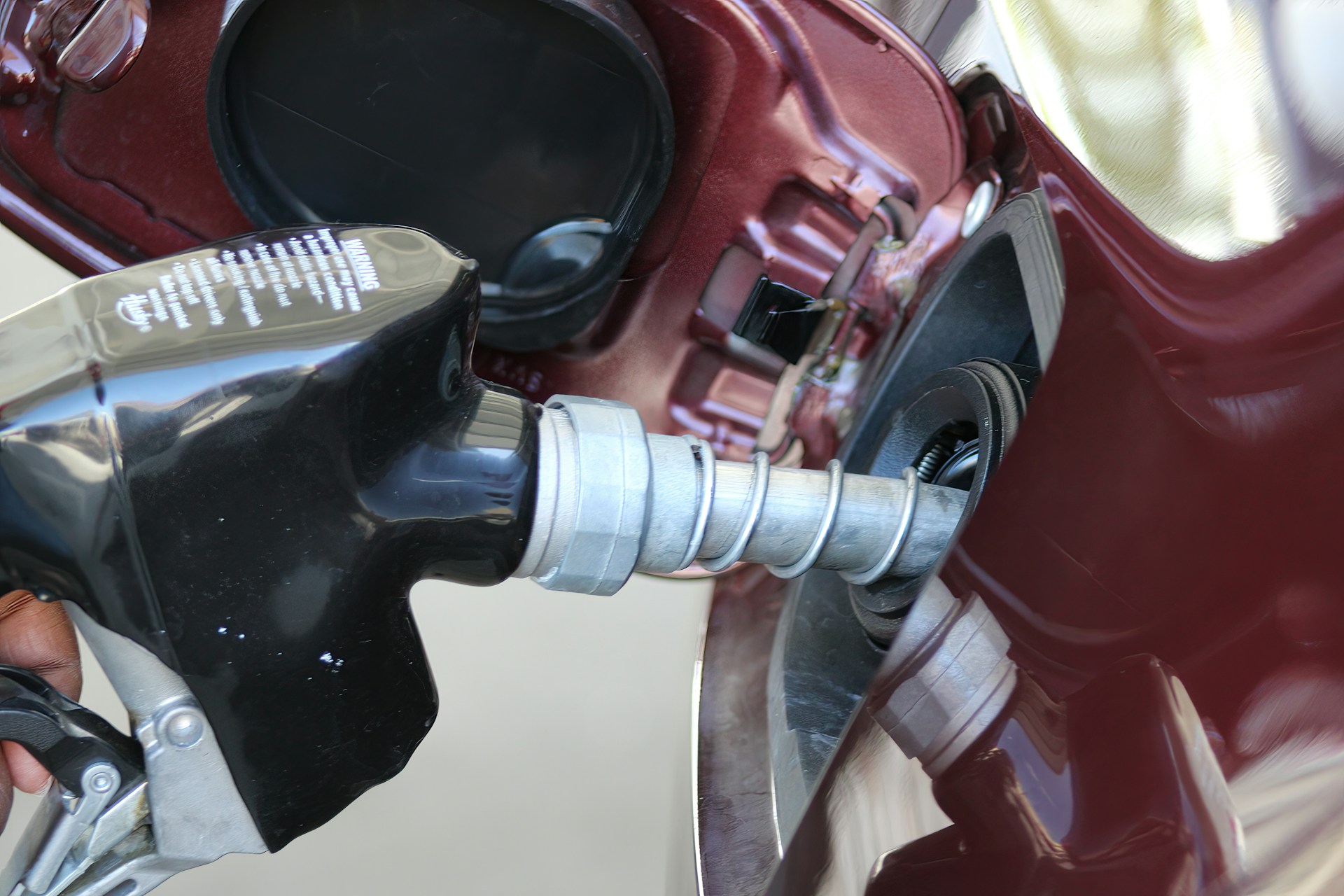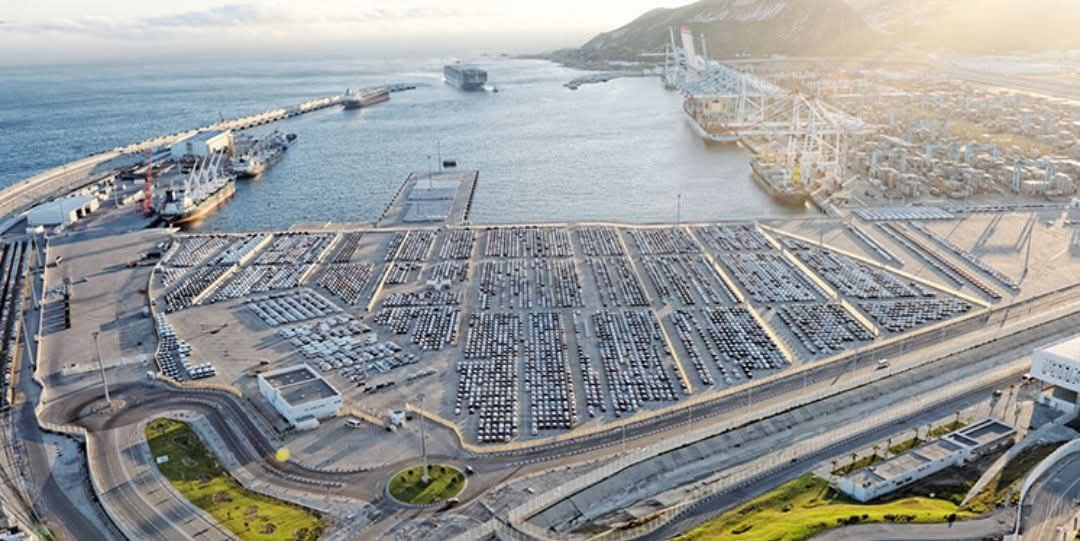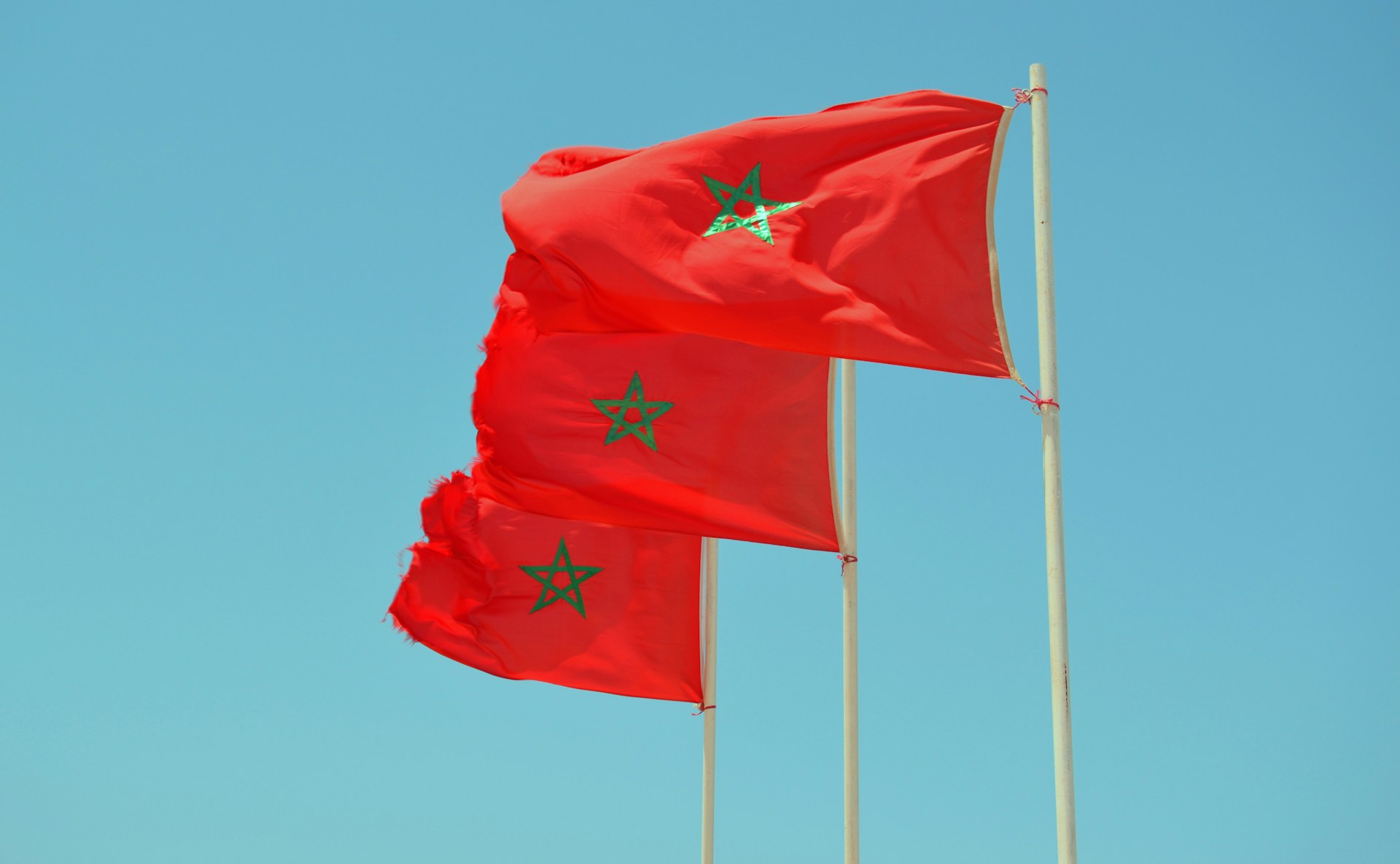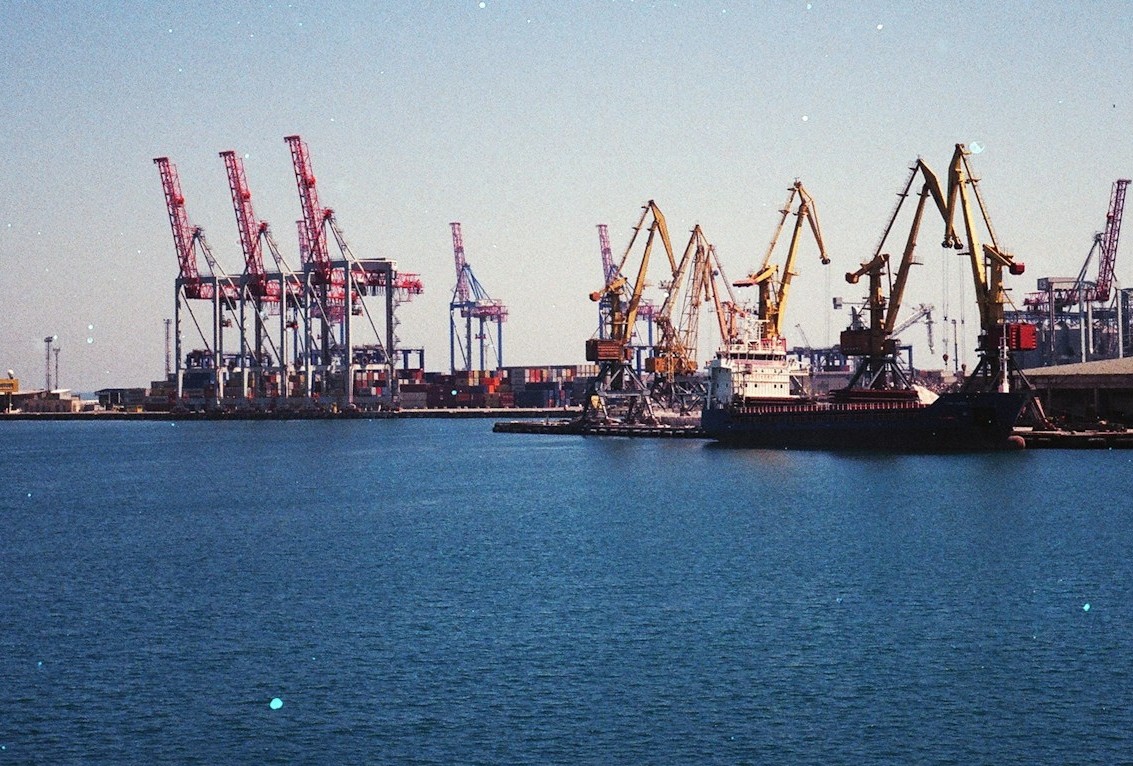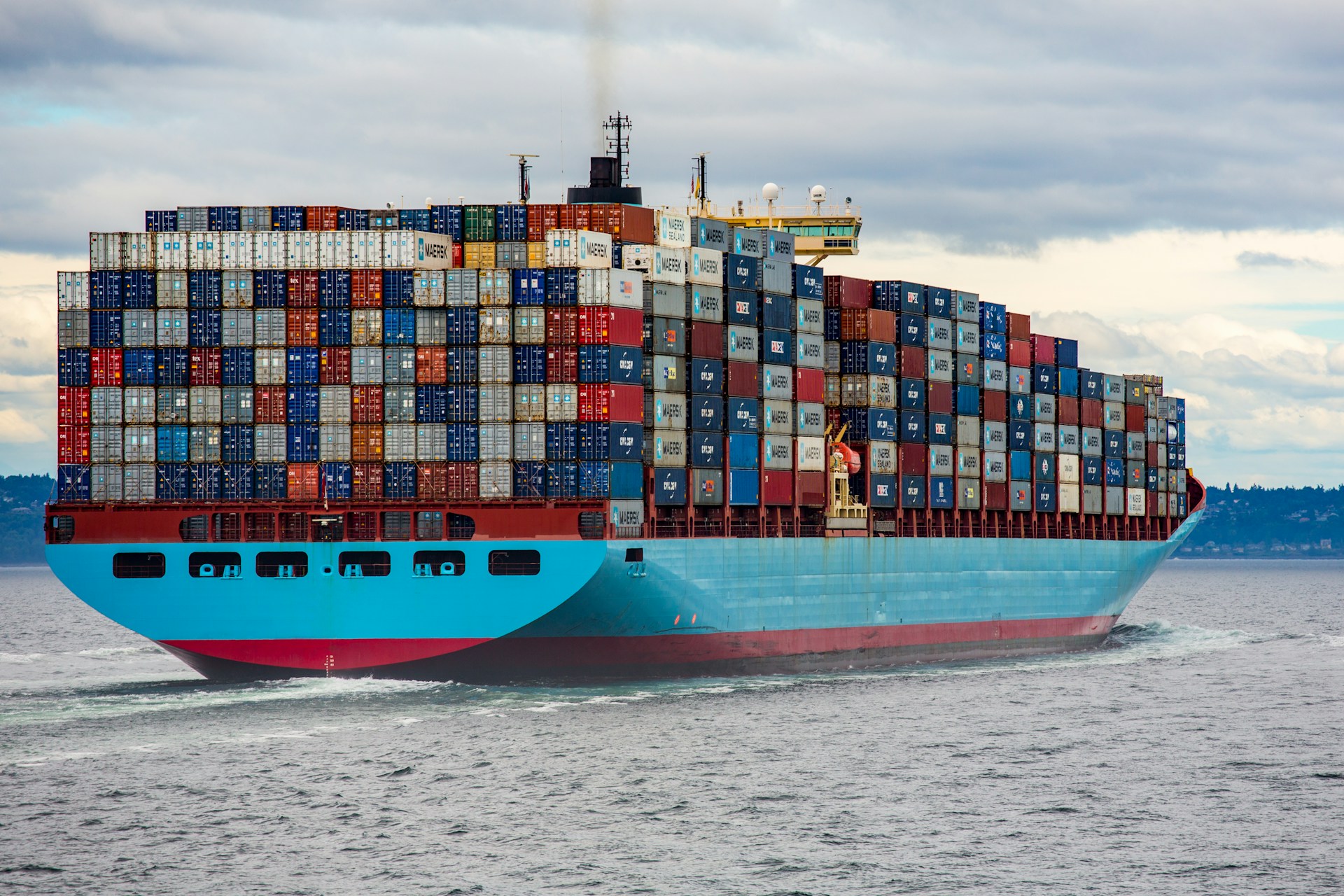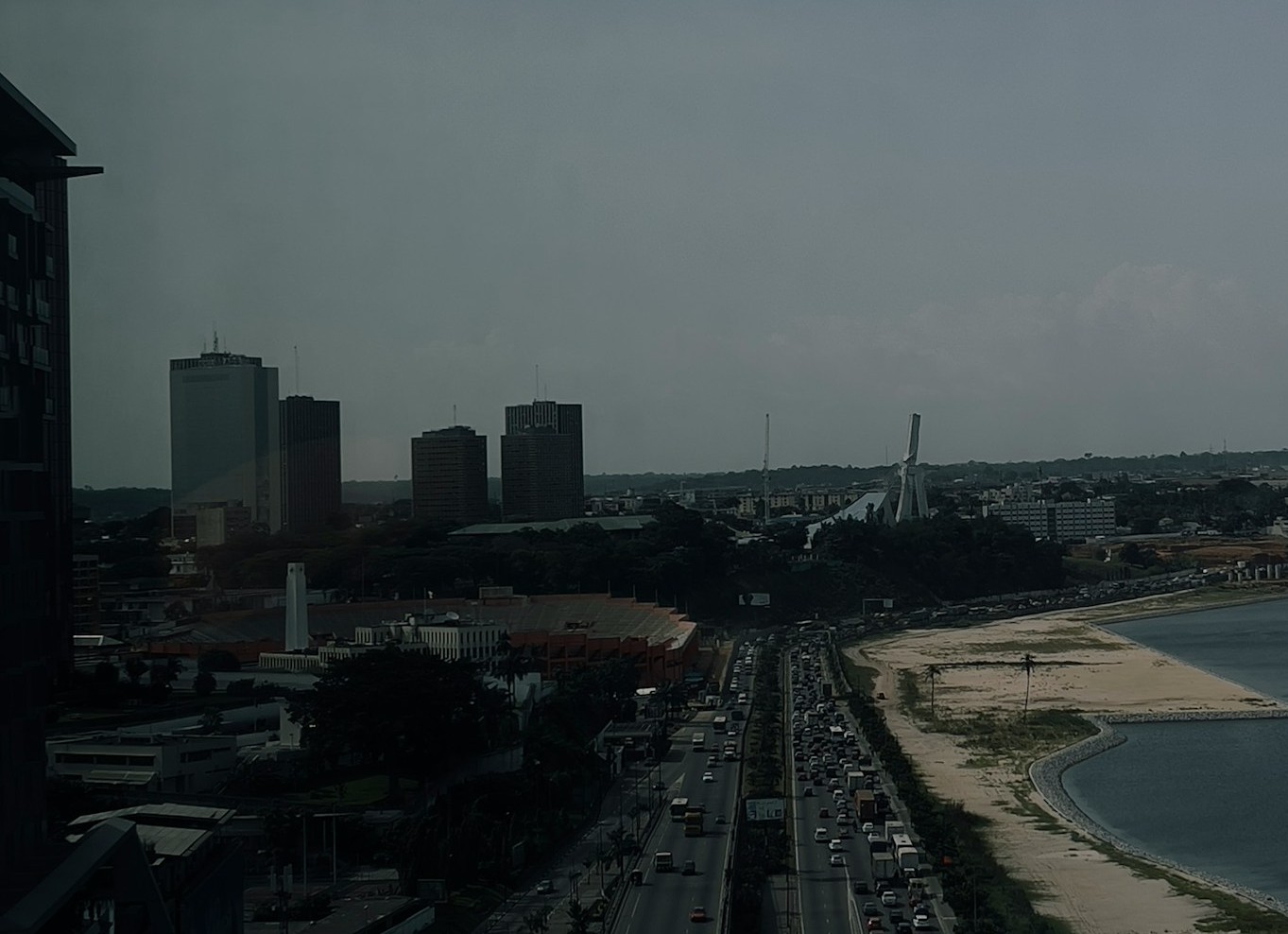Casablanca – Food security remains one of the most pressing issues across Africa, where rising demand, climate disruptions, and global economic instability continue to challenge the capacity of many nations to sustainably feed their populations. However, amid this complex picture, Morocco stands out as one of the African countries making steady progress toward greater food self-sufficiency, while simultaneously calling for stronger regional cooperation and global support mechanisms.
Morocco’s growing role in African food security
At the second stocktaking meeting of the United Nations Food Systems Summit (UNFSS+4), held in Addis Ababa in July 2025, Morocco urged the creation of an international fund specifically dedicated to food security in Africa. Speaking at the ministerial roundtable, Moroccan Minister of Agriculture, Maritime Fisheries, Rural Development, and Water and Forests, Ahmed El Bouari, described such a fund as “a key tool to enhance Africa’s food sovereignty and unlock its full potential.”
This proposal reflects Morocco’s increasingly active role in regional and multilateral food security initiatives. Grounded in the royal vision for South-South cooperation, the country has pledged support for African agriculture through programs like the Adaptation of African Agriculture Initiative (AAA) and the Sustainability, Stability and Security Initiative (3S), aiming to build resilience, sustainability, and inclusion in the continent’s food systems.
A mixed performance on self-sufficiency
A recent study published in the journal Nature Food reinforces Morocco’s position as a relatively self-sufficient agricultural country by African standards. The study analyzed food production capacities in 186 countries, assessing their ability to meet domestic nutritional needs across seven food groups: fruits, vegetables, staples, legumes, meat, fish, and dairy.
Morocco was one of only eight African countries to feature in the global Top 50 for food self-sufficiency. The Kingdom achieved particularly high results in fruit production, reaching 161% self-sufficiency in that category. However, challenges remain, especially in staples (22% self-sufficiency) and dairy products (65%). These figures illustrate both the progress made in certain sectors and the ongoing dependency in others.
In contrast to some African countries that rely heavily on small-scale, subsistence agriculture, Morocco has pursued a more structured and strategic approach. Through initiatives like the Green Morocco Plan and its successor, the Generation Green 2020–2030 strategy, the government has aimed to modernize agriculture, improve productivity, and develop local agri-food value chains. These reforms include investments in sustainable irrigation, desalination technologies, and the integration of social protection programs to ensure equitable access to food.
Structural challenges across the continent
Despite notable national efforts, broader African agriculture continues to face structural limitations that hinder food system transformation. According to both the UNFSS+4 discussions and the Nature Food study, recurring climate shocks, limited storage infrastructure, low irrigation coverage, and chronic underinvestment in agricultural innovation remain major obstacles.
These vulnerabilities are further exacerbated by global factors such as rising commodity prices, geopolitical instability, and climate-related supply disruptions. As a result, many African nations are struggling to meet growing nutritional needs, particularly as populations increase and urbanization accelerates.
In this context, Morocco’s call for a dedicated international food security fund is seen not only as a national interest but as part of a wider strategy to foster regional solidarity. Minister El Bouari emphasized the need for “systemic responses based on inclusive governance, environmentally responsible agriculture, social justice, and accountable financing.” He added that local knowledge, innovation, and cross-border cooperation must be central to any future solutions.
Toward a coordinated continental response
While national policies are essential, experts increasingly agree that long-term food security in Africa requires coordinated regional and international action. Forums like UNFSS+4 aim to create a platform for sharing best practices, evaluating policy impacts, and mobilizing resources to accelerate progress toward the Sustainable Development Goals (SDGs) by 2030.
The summit’s 2025 edition focused on analyzing successes and failures in food system transformation, with a strong emphasis on inclusivity, equity, and financing. Among the objectives were enhancing accountability, identifying scalable innovations, and integrating marginalized communities into food governance frameworks.
For Morocco and other African countries, the challenge is to scale up successful practices while adapting them to diverse local contexts. Investments in climate-resilient crops, post-harvest technologies, and local food processing are among the most promising avenues. Public-private partnerships, cross-border supply chains, and continental policy frameworks such as the African Union’s Agenda 2063 also play critical roles.
Morocco’s relative food security success and proactive diplomacy reflect a broader recognition: food is not just an agricultural issue, but a strategic one. In the face of a changing global landscape, African countries must combine national innovation with regional cooperation and international solidarity to build resilient, inclusive, and sustainable food systems for the future.
